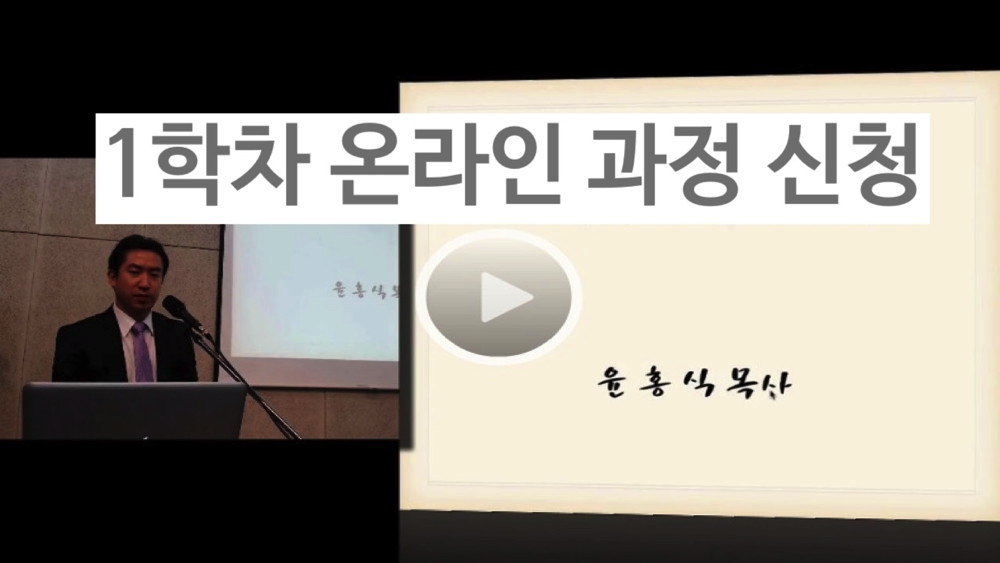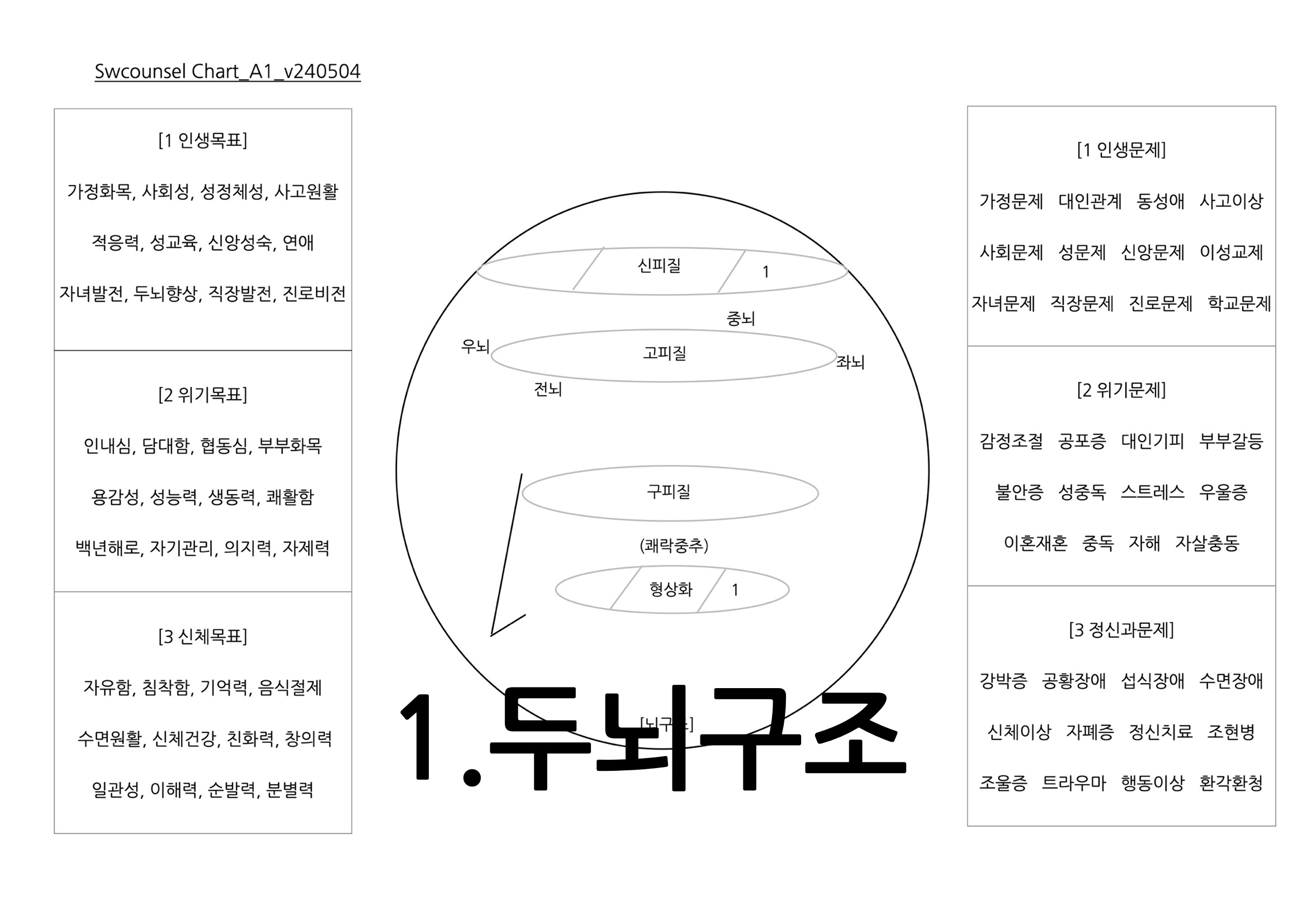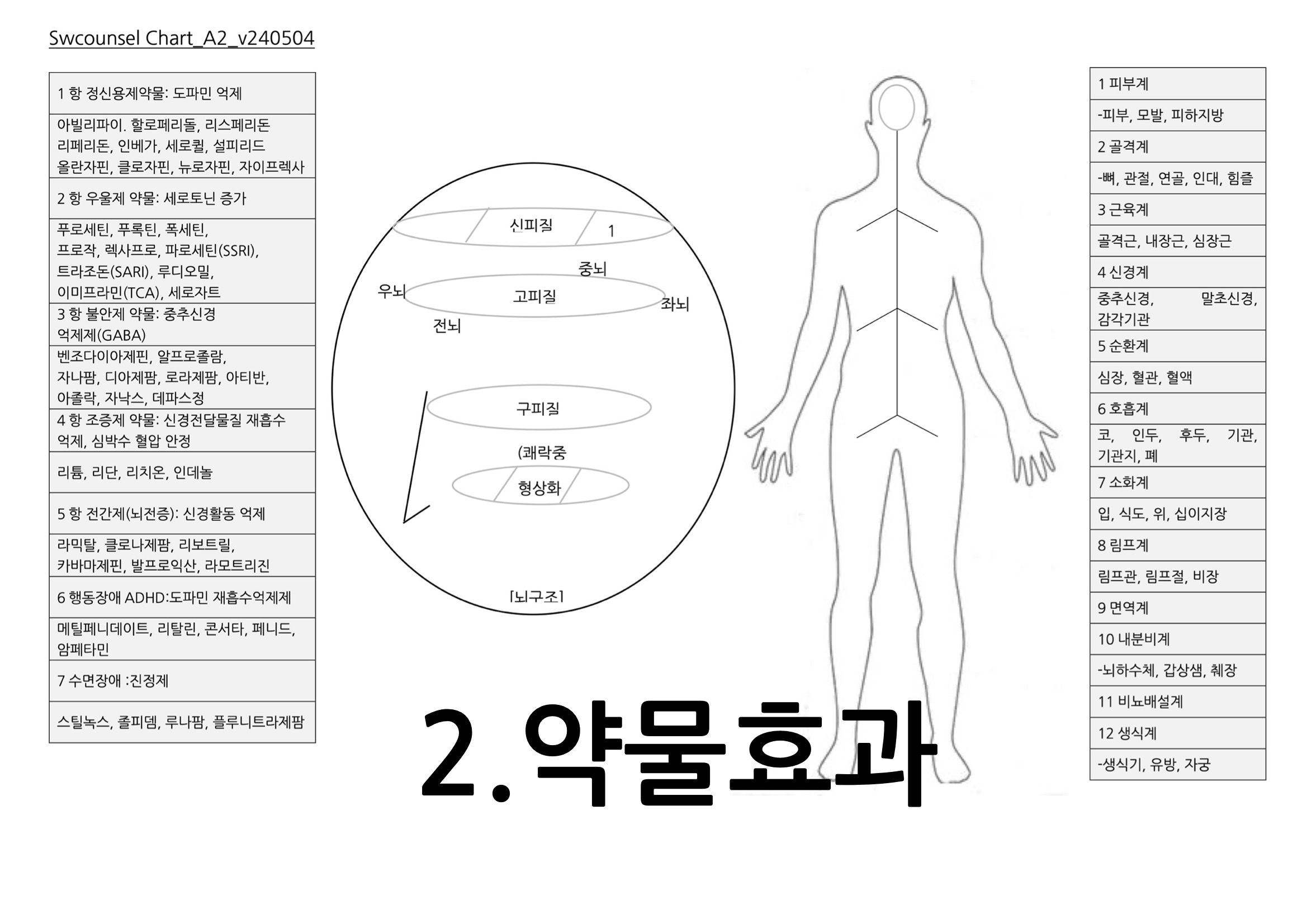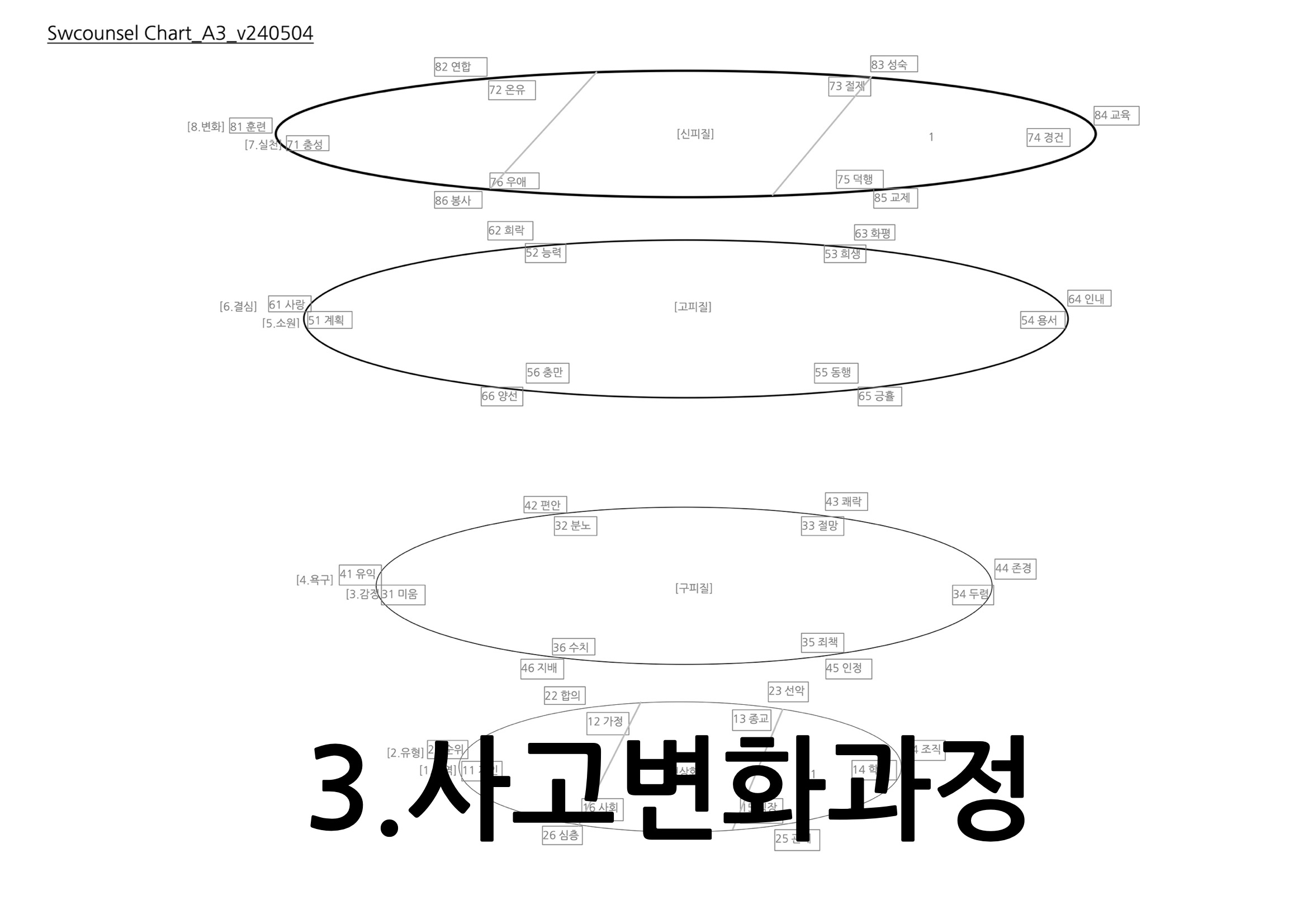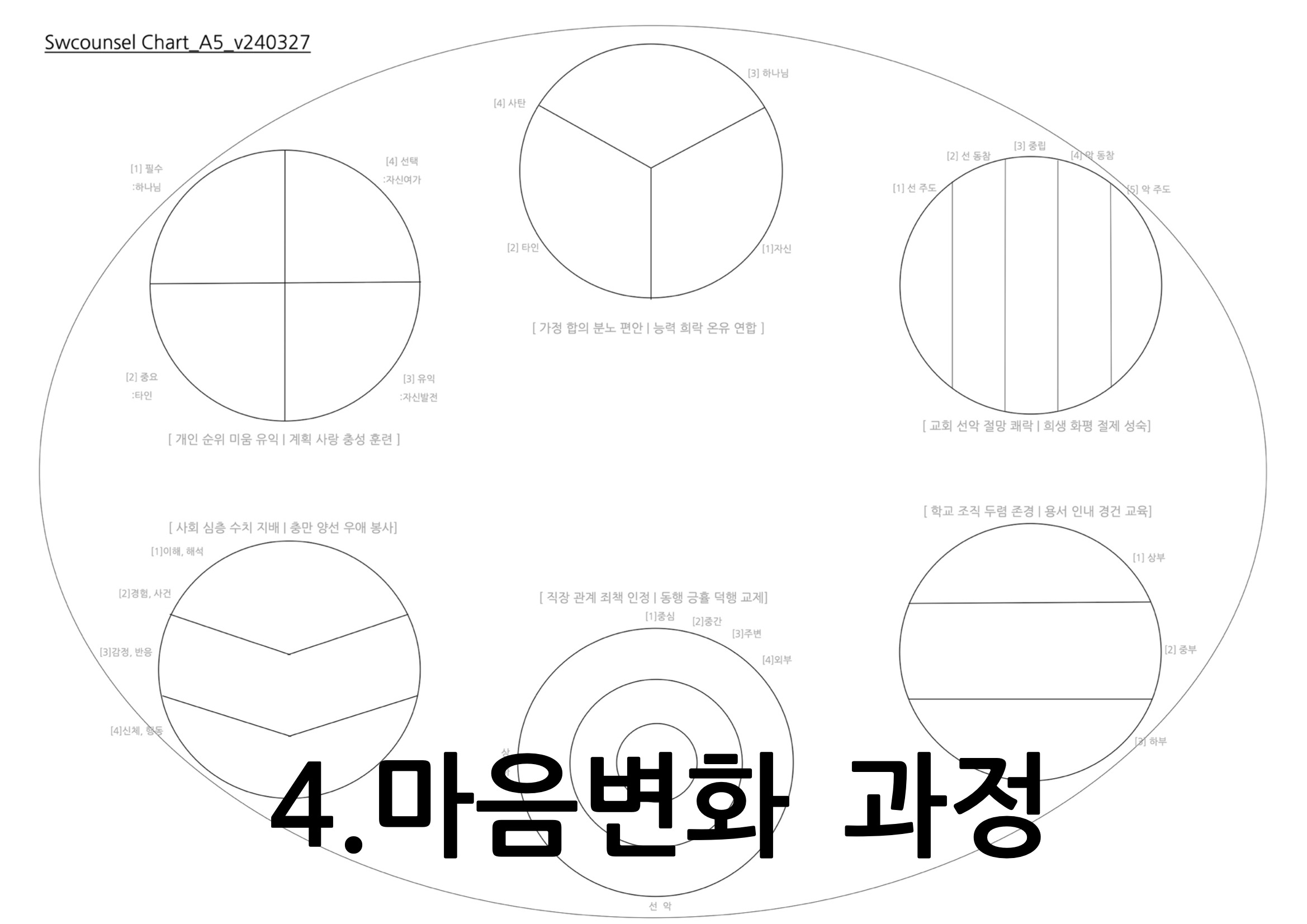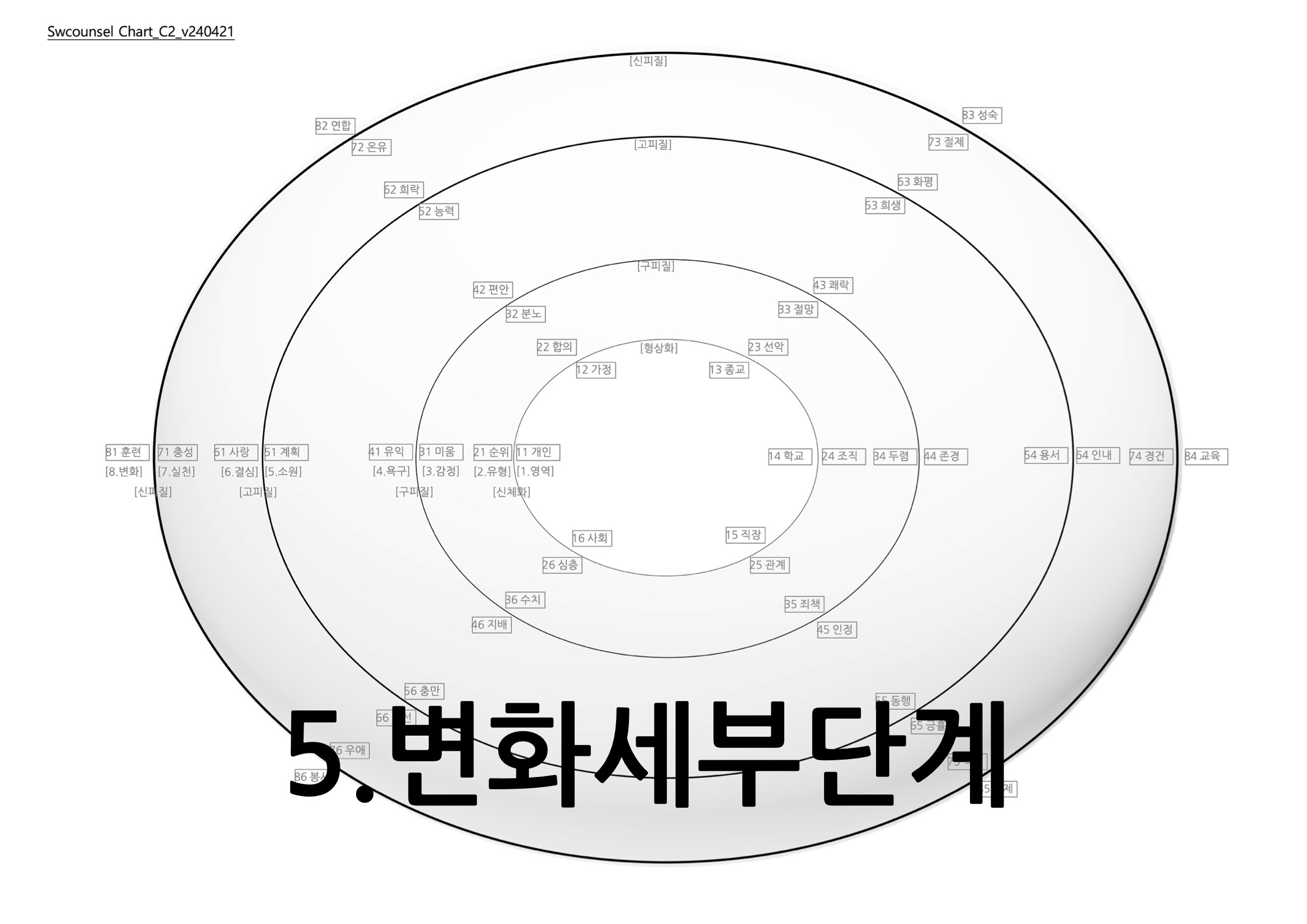WTS (미국 웨스트민스터 신학대학원) | CCEF (기독교 상담 교육 재단)
[b관점해석] [CCEF] When Life Feels Disconnected from Faith (삶이 믿음과 단절되었다고 느낄 때) Written By:
Have you ever felt a disconnect between what you believe and what you experience? I was speaking to someone recently who was wrestling with that disconnect. She was in a season of suffering and said something along the lines of, “I am reading the Bible every day. It’s where I’m turning. But when I come across promises of his presence and his peace, it’s so frustrating. That’s not my experience at all—just the opposite. God seems silent. Why don’t his promises touch down in the places I really need them to?” My counselee’s experience is a common one. Sometimes it’s referred to as the distance between our head and our heart: we believe the right things about God (head) but we don’t experience them to be true in our personal lives (heart). It might also be described as the difference between our confessional theology and functional theology. We take God at his word but struggle to know how his truths make a difference in life lived. Most Christians feel this way at some point or another; it may be a fleeting struggle or one that stretches out over seasons of our lives. And like my counselee, we often feel frustrated by it. Understandably so. As I speak to this experience, know that I have in mind Christians who really are taking God at his word, and seeking to work out their salvation with fear and trembling. I say that because that distance could be felt for different reasons—for example, a Christian who doesn’t feel close to God but is entrenched in unrepentant sin. When that person feels distance it makes more sense to us. But what I’m addressing is the times when we are engaged in consistent, faithful rhythms of the Christian life, and are still feeling like God’s promises aren’t landing as we’d hope or expect. How do we think biblically about that experience? Here are four thoughts that can orient us when we feel that distance.
With these orienting comments in mind, let’s next think about how we can minister to someone who feels this way now. How does thinking biblically about this experience guide how we interact with people? The next four points correspond to the ones above.
And for all of this, we pray. We pray for God to decrease the distance we feel. We pray God will help us wait with patience (Rom 8:25). We pray because he is our hope—and when we hope in him, we will not be disappointed (Rom 5:5).
| |||||||||||||||||||








